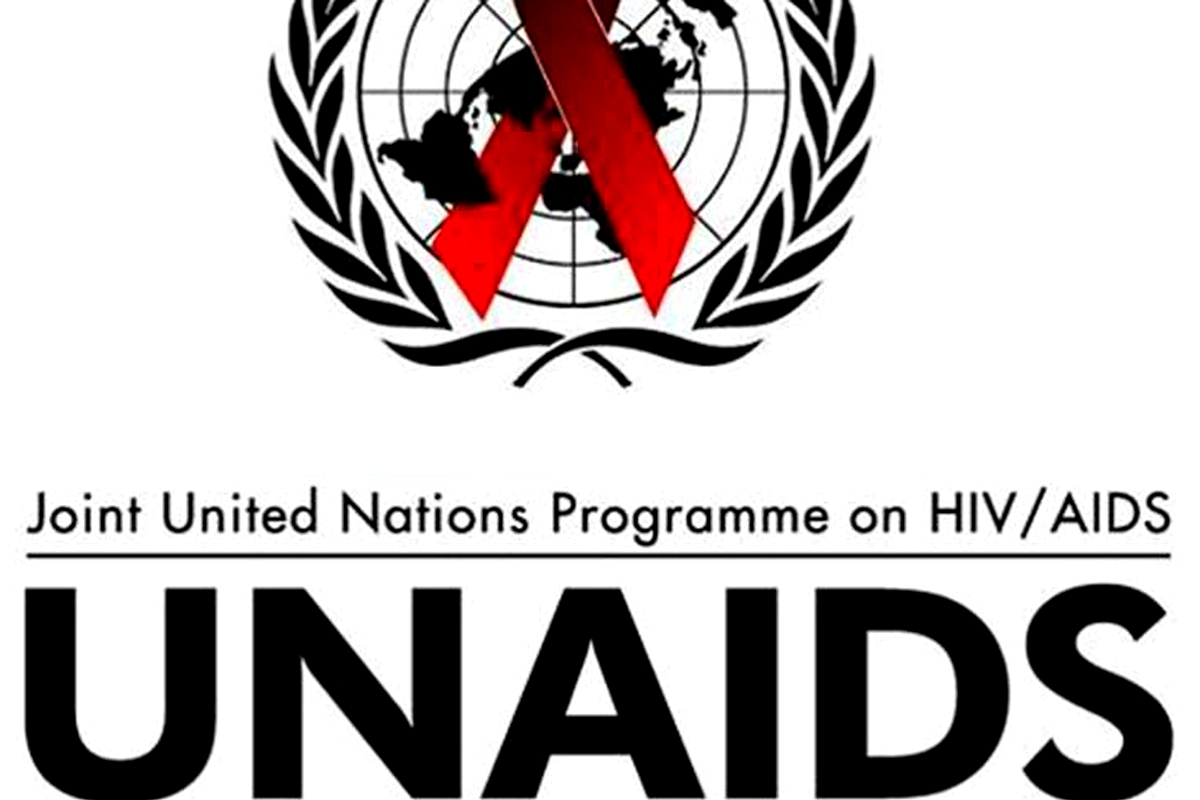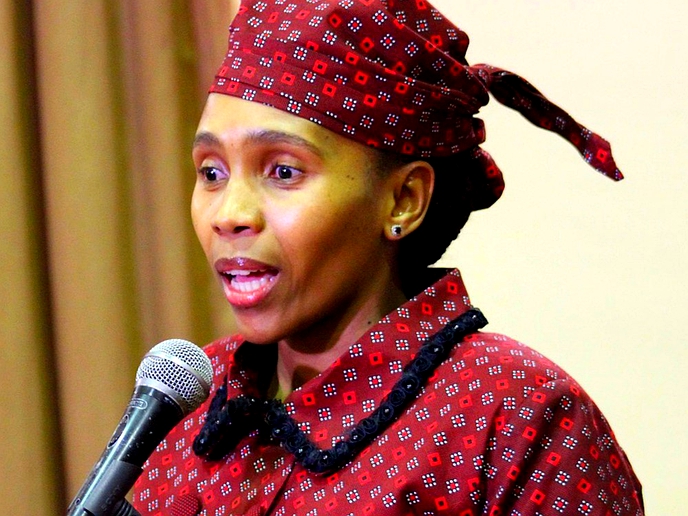MASERU - AIDS-related deaths have been reduced by 66 percent in Lesotho since the mid-2000s due to the scale up of HIV treatment, and as a result, by the end of 2017, approximately 62 percent of adults living with HIV had access to lifesaving HIV treatment. According to UNAIDS Lesotho report, over 70 percent of pregnant women living with HIV have access to HIV treatment to prevent mother-to-child transmission of HIV, which has resulted in a 60 percent decline in new HIV infections among children between the ages of zero and 14 since 2000. The latest data from the Lesotho HIV and Health situation room on the other hand shows that Lesotho is close to having 200 000 people on HIV treatment with new HIV infections falling by 45 percent between the years 2000 and 2017 due to Lesotho’s adoption of a people-centred approach in its response to ensure that no one is left behind.
health
May 20, 2018
3 min read
AIDS related deaths reduced by 66 percent

The Minister of Health, Mr Nkaku Kabi says the Lesotho HIV and Health situation room is a major step forward for Lesotho in terms of getting the evidence needed to focus interventions in the right locations and on the right population whilst also helping to deliver more efficient and timely services and improve the health of the people of Lesotho.
The innovative new tool to track progress and identify gaps in HIV, TB and maternal health programming in Lesotho and developed by the Ministry of Health Lesotho in collaboration with UNAIDS with the support of the Swedish Government also uses data to enable the adaptation, strengthening and focusing programmes where they are most needed.
On this note on a different perspective yet with same intention to scale up and improve HIV and AIDS care and treatment services in Lesotho by driving laboratory services to attain the set targets of the National Laboratory Strategic Plan (NLSP 2013-18), in coordination with MOH and its partners, the Centre for Disease Control and Prevention through the University Research Company has since 2015 initiated to strengthen the laboratory diagnosis and monitoring to.
The project covers all laboratories at the national, regional, district, and health centre levels and focuses on increasing access to diagnosis and monitoring services through decentralisation and scale up of cost-effective technologies and on overall quality improvement of services, which will contribute to the scale up of national HIV/AIDS care and treatment services with the purpose of expanding and improving laboratory diagnosis and monitoring services that are integrated and coordinated with HIV services.
Enjoy our daily newsletter from today
Access exclusive newsletters, along with previews of new media releases.
It puts an effective laboratory referral network and sample referral system in place and improves early entry and retention in HIV care and treatment, decentralises services and ongoing supportive and conducts Quality Management System (QMS) assessments at point-of-care testing (POCT) facilities, while strengthening testing capacity at all levels, such that laboratory licensing is achieved on a national basis and a mechanism for international accreditation established.
The United States (US) through the President's Emergency Plan for AIDS Relief (PEPFAR) has from 2004 to meanwhile committed over M4 billion to date to the bilateral HIV response in Lesotho according to the US Ambassador to Lesotho Ms Rebecca Gonzales during the launch of the HIV and Health Situation Room. She said current PEPFAR programme remains committed to scaling up Lesotho’s antiretroviral treatment coverage to reach 95 percent nationally, expanding efficient and effective testing strategies and treatment modalities especially for adolescents and men, and commencing self-testing for HIV.
Ends






